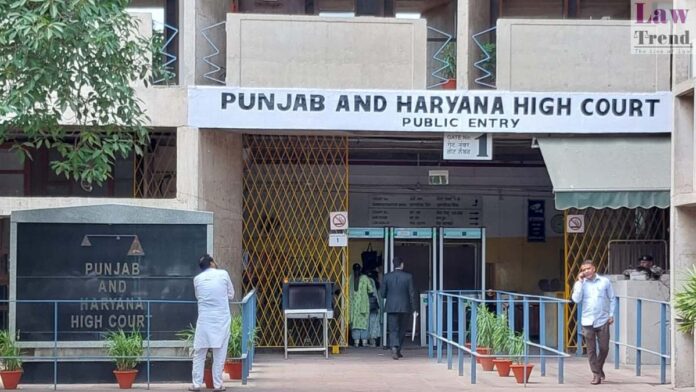In a significant judgment, the Punjab & Haryana High Court has directed the refund of octroi charges collected on electricity consumed by the Military Engineering Service (MES), upholding the constitutional provision that exempts the Central Government from such taxes. The division bench comprising Justice Sanjeev Prakash Sharma and Justice Jagmohan Bansal delivered this ruling in
To Read More Please Subscribe to VIP Membership for Unlimited Access to All the Articles, Download Available Copies of Judgments/Order, Acess to Central/State Bare Acts, Advertisement Free Content, Access to More than 4000 Legal Drafts( Readymade Editable Formats of Suits, Petitions, Writs, Legal Notices, Divorce Petitions, 138 Notices, Bail Applications etc.) in Hindi and English.




